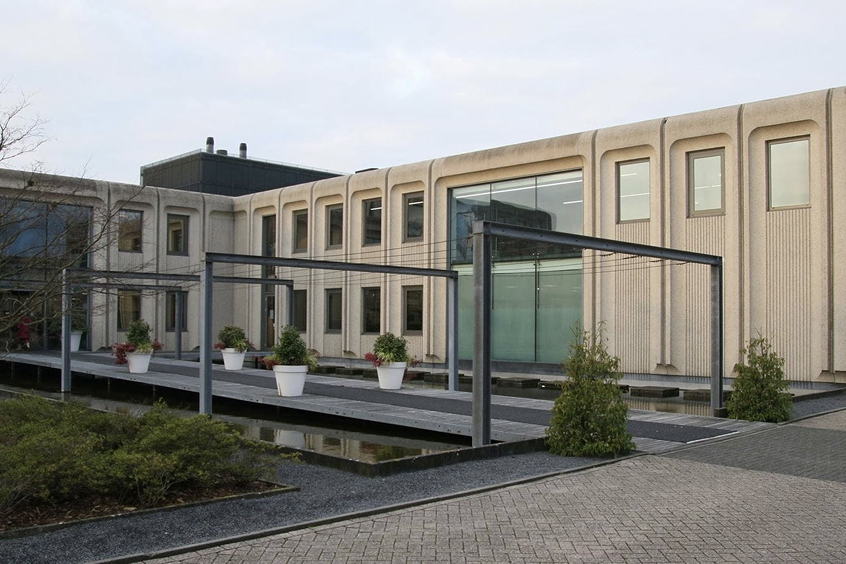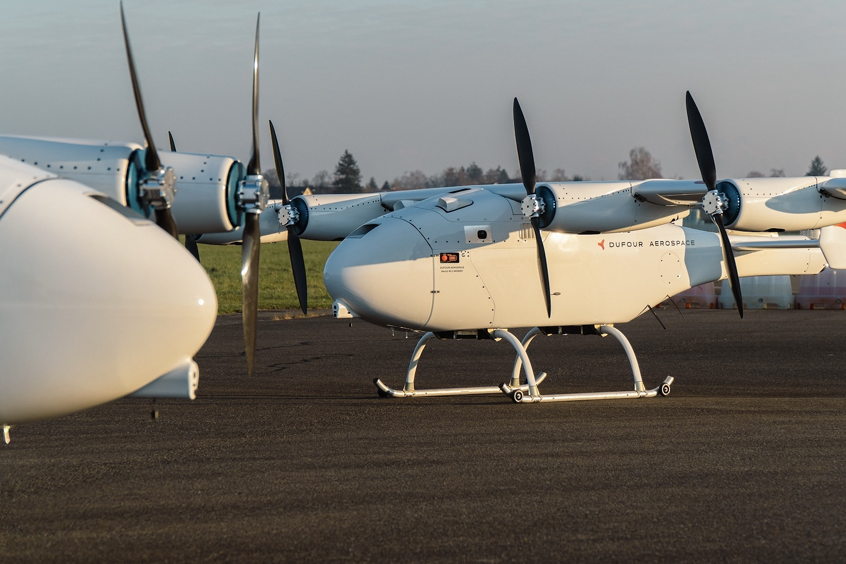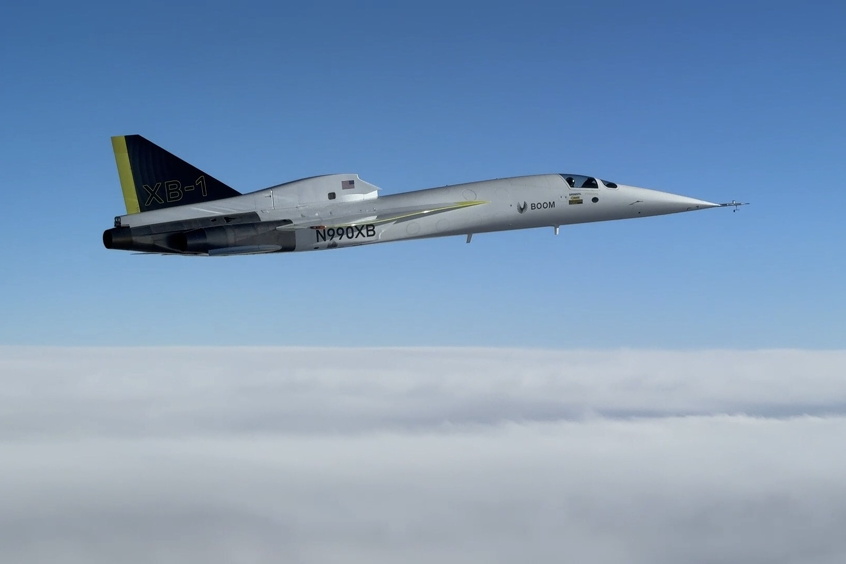Oxford Ionics, a world leader in trapped-ion quantum computing, today announced it is working together with Quanscient, a leading provider of multiphysics simulation software, and aerospace manufacturer Airbus to develop quantum simulations for computational fluid dynamics.
Used across a wide range of sectors, computational fluid dynamics (CFD) is a branch of fluid mechanics where computers simulate, analyse, and predict how fluids move. For the aerospace industry, CFD is used to predict the performance of aircraft including its lift, drag, noise, structural load capacity, and fuel efficiency.
CFD relies on high-performance computers to perform large-scale and intensive computations, and quantum computing has the potential to significantly improve the effectiveness of this process. Sophisticated quantum algorithms running on powerful quantum computers could improve overall accuracy for CFD and dramatically reduce the computation time and cost – empowering the aerodynamics sector to achieve unprecedented innovations.
As part of the UK’s National Quantum Computing Centre (NQCC)’s SparQ programme aimed at discovering new quantum applications, Oxford Ionics will combine its powerful quantum computers with Quanscient’s algorithms for CFD to provide a roadmap towards useful CFD simulations on quantum hardware. Specifically, the two companies will assess quantum simulations for airfoil designs and vehicle aerodynamics, with Airbus participating in the consortium to provide critical end-user feedback.
While there are several organisations assessing quantum algorithms for CFD, current quantum computing hardware lacks the power and scale to reach commercially-valuable use cases. Oxford Ionics has uniquely demonstrated a path towards delivering the first machines with the performance and scalability required to tackle these real-world use cases.
The company has pioneered a patented technology called ‘Electronic Qubit Control’ which uses electronics, not lasers, to control its qubits. With this approach, Oxford Ionics can integrate this powerful technology onto a thumbnail-sized electronic chip manufactured in standard semiconductor fabs – unlocking unparalleled scalability. This approach has yielded the highest performing quantum platform in the world. Earlier this year, Oxford Ionics set the world records in single-qubit gate fidelity, two-qubit gate fidelity, and quantum state preparation and measurement (SPAM).
| Contact details from our directory: | |
| Airbus Group SE | Laser Radar, Airborne Communication Systems, Satellite Receivers |
Weekly news by email:
See the latest Bulletin, and sign up free‑of‑charge for future editions.

Embraer partners with FPL for Melbourne solar energy project

Pratt & Whitney adds European centre for sustainable aviation

Dufour completes hybrid-electric flight tests for Aero2
